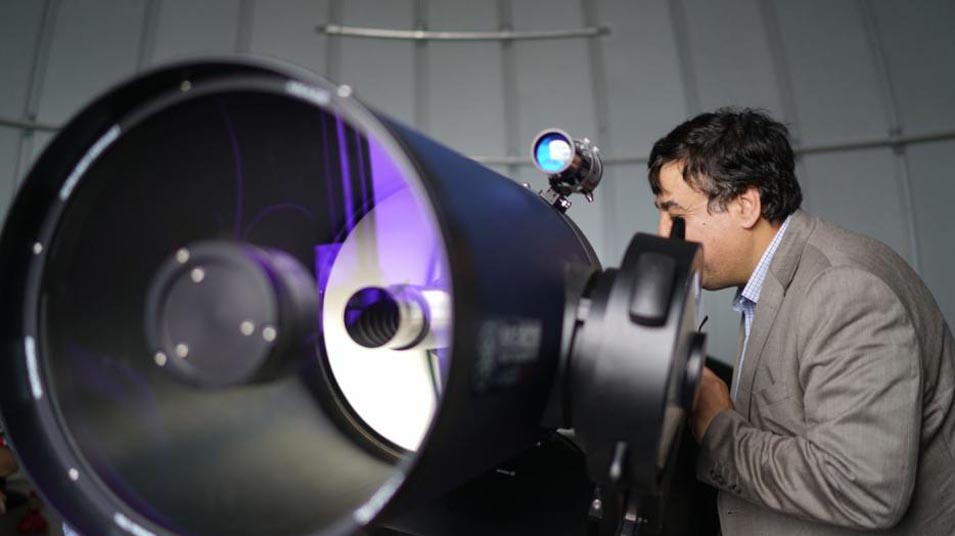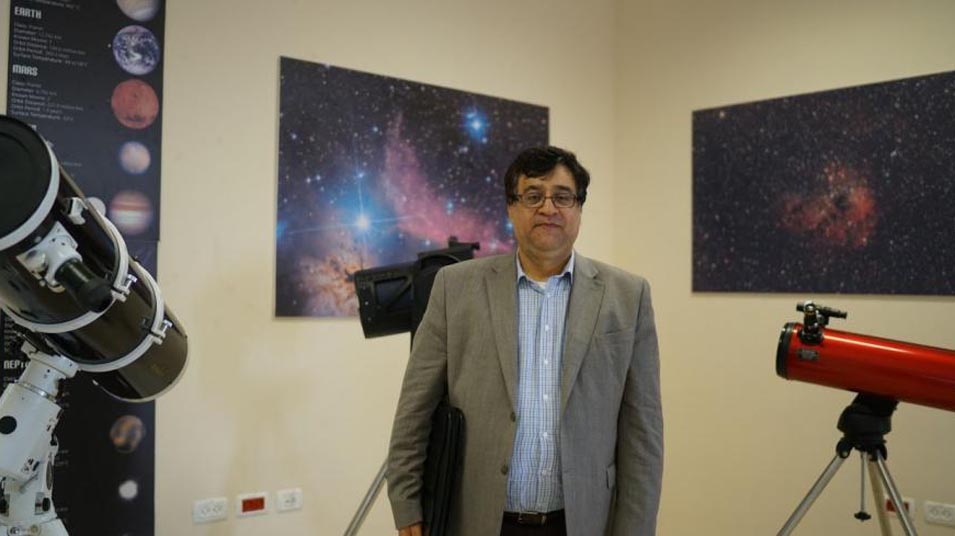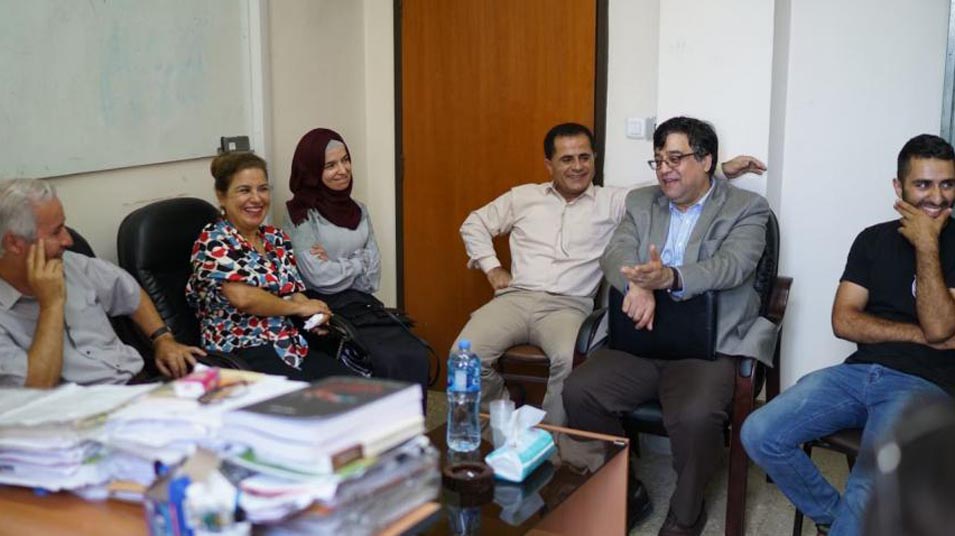“I will forever be grateful”: Graduate remembers Birzeit University after 30 years of living in diaspora
It was 1983 when Khader Hasan, now 53 years old, first enrolled in Birzeit University. Twenty-eight years later, he has come back as a visitor recalling his memories at Birzeit University, where he experienced the best days of his life.
Hasan was surrounded with his old classmates, who were all nostalgic remembering the good old times at Birzeit. It was clear that they had an unbreakable bond between each other and with the university. Hasan talked about his old teachers and friends and the places where they all wandered at Birzeit.
After he finished his bachelor degree in physics at Birzeit University in 1990, Hasan left for the United States, where he completed his graduate studies. It took him seven years to complete his degree. Birzeit saw the longest closure in its history after the outbreak of the first intifada in 1987. Therefore, Hasan could not attend the graduation ceremony of his cohort, which took place in 1992 while he was in the United States.
Despite becoming a renowned professor, his path was not easy, especially because he suffered as a Palestinian refugee. “The first time I went outside the bounds of the refugee camp was to Birzeit University. My mother encouraged me to do it. We heard from our neighbors about Birzeit, and in my head the university reflected the hope and sweet escape from the camp,” Hassan said.
At first, Hasan enrolled in the faculty of engineering. However, his family’s economic conditions put him at a crossroads: “I had to find a scholarship to continue my studying or else I should withdraw from the university.” Luckily, the Musa Nasir Scholarship for Physics was his rescue.
With a scholarship from Brigham Young University in Utah, he was able to pursue his passion in physics and got his master’s degree in Physics and then his PhD in Medical Physics from the University of Utah. “I did not find many academic challenges during the time I was studying in the United States. Most of the curricula they taught us, especially on the master’s level, was taught to us at Birzeit University.”
Here, he recalled some of the professors that taught him at Birzeit; each one of them gave him something that he would remember all his life. Some of these professors were Ramzi Rihan, Nabeel Kassis, the late Tayseer Arouri, Henry Giacaman, Aziz Shawabkeh and others.
Today he is a full professor in medical physics and magnetic resonance imaging, and he asserts that “Birzeit University was the main reason for all the successes that I have achieved up until now. It was my second home, where I learned what freedom and democracy really means.”









